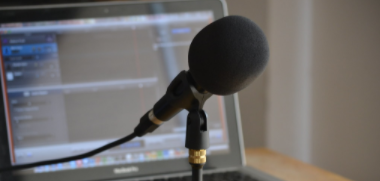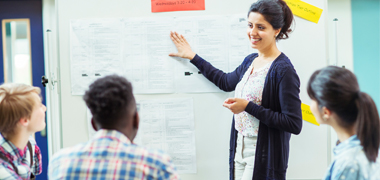
This role has a high level of AI exposure. While some human skills are required, many tasks could be automated or replaced by new technology.
Explore all careersAn Editor revises written work for publication, correcting errors, checking facts, and ensuring compliance with client requirements.
Get qualified to work as an Editor with a course recognised across Australia. Speak to a training provider to learn more.





In Australia, a full time Editor generally earns $1,500 per week ($78,000 annual salary) before tax. This is a median figure for full-time employees and should be considered a guide only. As you gain more experience you can expect a potentially higher salary than people who are new to the industry.
 Courses.com.au Team
Courses.com.au Team
There has been a decrease in employment numbers in this industry in recent years. There are currently 1,300 people working in this field in Australia, compared to 1,700 five years ago. Editors may find work across all regions of Australia, particularly larger towns and cities.
Source: Australian Government Labour Market Insights
 Courses.com.au Team
Courses.com.au Team
If a career as an Editor interests you, consider enrolling in a Certificate IV in Professional Writing and Editing. This course will prepare you for work in the writing industry with electives including storytelling, writing for children, business writing, content writing, journalism, scripts and poetry. A Diploma of Professional Writing and Editing may also be appropriate.
 Courses.com.au Team
Courses.com.au Team
Browse occupations related to Editor



Explore the thriving opportunities within the publishing sector by enrolling in one of the many Editor courses in Melbourne. With a diverse range of courses available, you can develop the essential skills required for a successful career as an editor. Renowned institutions such as Swinburne University of Technology, which offers a Certificate IV in Professional Writing and Editing, and Deakin University, providing a Bachelor of Communication, present various pathways into the field of editing. Whether you seek to refine your writing and editing skills or gain an understanding of the media landscape, these programmes are designed to equip you for future success.
Additionally, Melbourne boasts a rich educational environment with other respected providers like Monash University, offering a Bachelor of Arts (Journalism) and RMIT University, which focuses on a Bachelor of Communication (Journalism). The city not only nurtures aspiring editors but also plays an integral role in the broader fields of Screen and Media and Journalism and Writing, allowing you to explore various career paths that align with your interests.
As you consider advancing your career, take a closer look at related job roles in the industry. Positions such as Multimedia Writer, Writer, and Copywriter offer varied opportunities for growth. You might also explore the paths of a Content Writer, Content Manager, or Content Executive, each providing unique insights and skills beneficial for an editing career.
For those with a penchant for storytelling, pursuing roles such as Journalist, Novelist, or Author can complement your editing journey. Melbourne's vibrant atmosphere and supportive community make it an ideal location to embark on your professional adventure. With a wealth of Editor courses in Melbourne available, you can confidently step towards enhancing your career in the editorial landscape while connected with other passionate individuals in the industry.